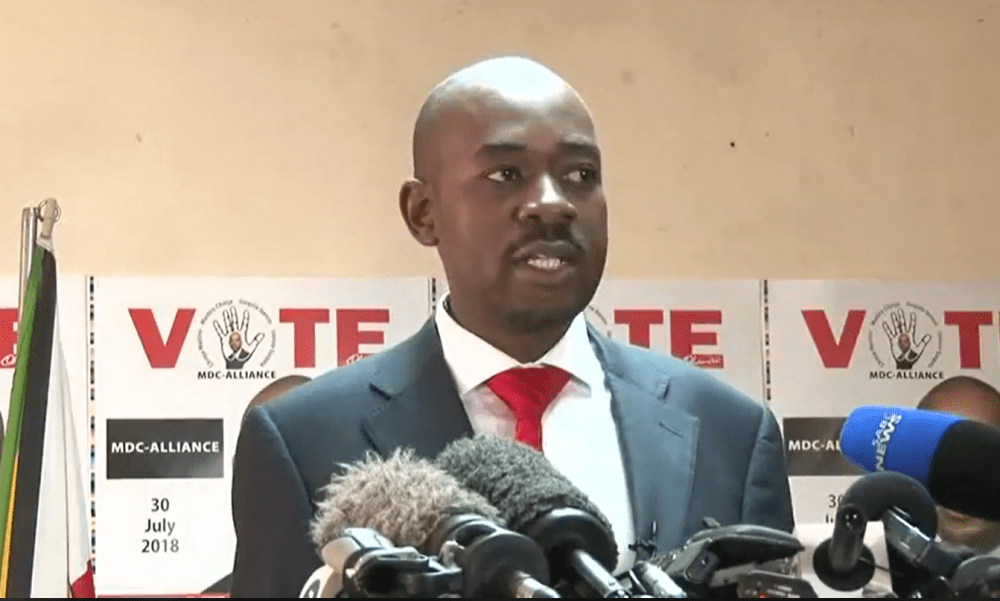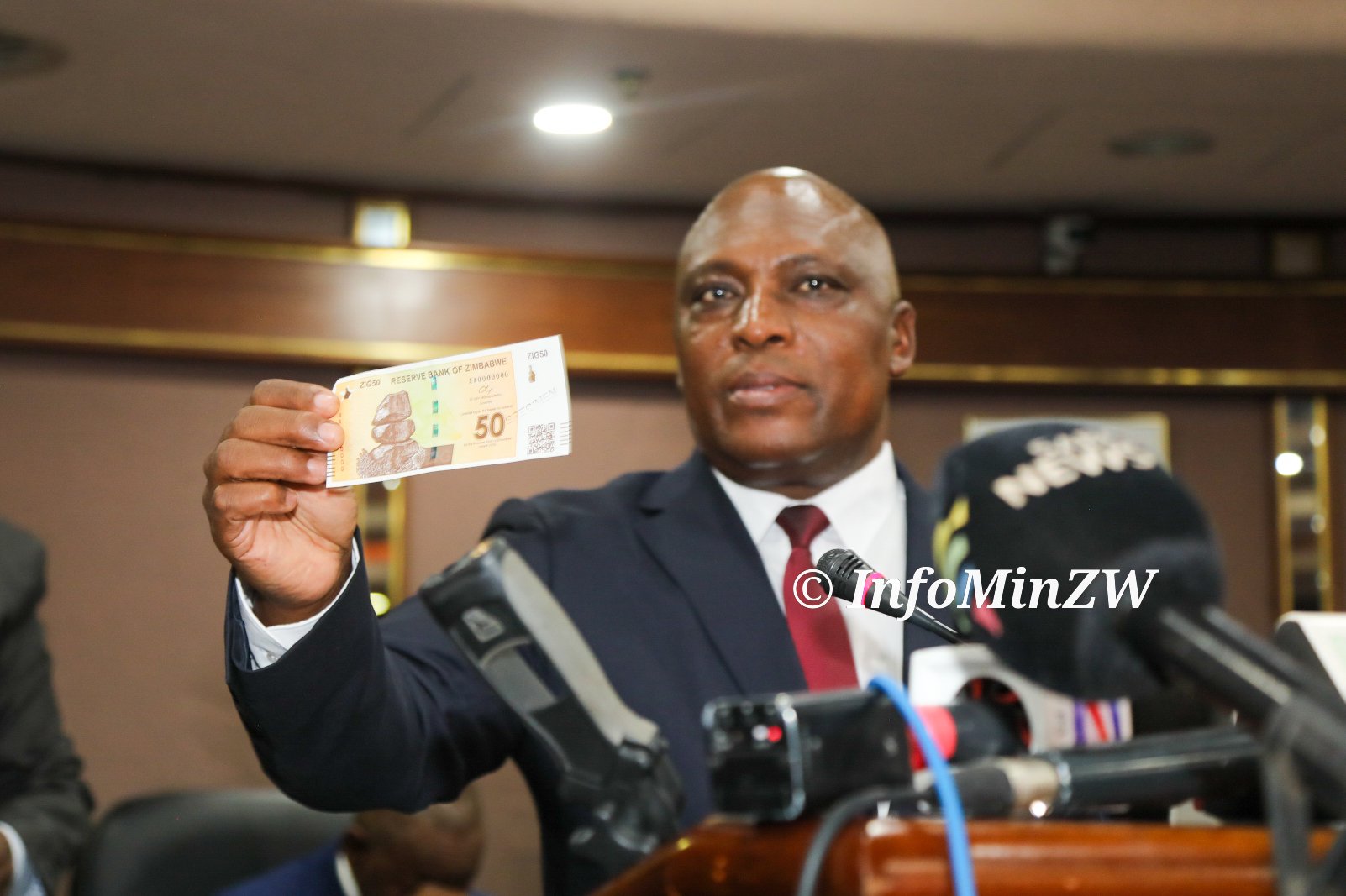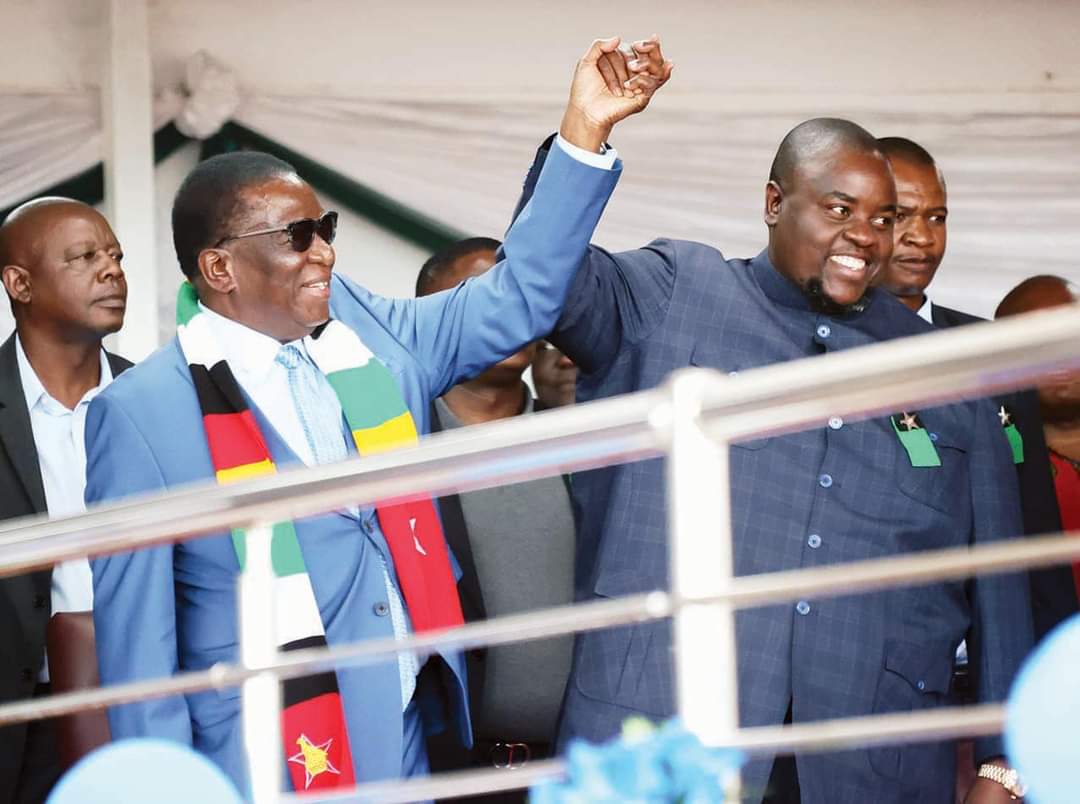ZwNews Chief Correspondent
Movement for Democratic Change-Alliance (MDC-Alliance) president Nelson Chamisa has expressed grave concern over Zimbabwe’s continued economic decline, says the depleting capital inflow, and rampant corruption is haemorrhaging the country’s economy.
Addressing a press briefing on the prevailing economic, and political situation, held at his party headquarters in Harare on 23 October 2018 (yesterday) Chamisa said the chief economic vice, financial indiscipline by government has been further exacerbated by illicit financial out flow through corruption, adding that this has created two classes in the economy.
“In Zimbabwe we now see the emergence of two classes; the looting class comprising those in position of trust, privileged access and the looking class; i.e. the innocent suffering, observing majority who are the victims,” said Chamisa.
Chamisa blames President Emmerson Mnangagwa and his government for brooding corrupt tendencies among its top brass, amid alleged predatory economic policies that he says has led to running down of the country’s economy into the abyss of decay in only few weeks.
The sentiments by the MDC-Alliance leader follows the recent hyperinflationary behaviour that rock the Zimbabwean market few weeks ago, during the time, the exchange rate shot up to unprecedented levels pitting the bond note, RTGS, against the US dollar. Prices of basic commodities went up overnight, creating panic buying among the general populace as consumers fear the return of the 2008 scenario, when basic commodities disappeared from the shops’ shelves.
The government responded by suspending the Statutory Instrument 64 of 2017 (SI64), that restricted the importing of certain commodities in an effort to protect local industry from the competition posed by cheap imports.
Speaking to the media during her (weekly media updates) held after parliamentary seating recently, Minister of Information and Broadcasting Services, Monica Mutsvangwa said the suspension of the SI64 was mooted after her government found out that the prices shot up in a short period owing to speculative tendencies among suppliers bent on profiteering.
Addressing the same briefing Minister of Finance and Economic Development Mthuli Ncube concurred with Mutsvangwa saying the suspension of the SI 64 would result in full shelves in the country’s shops, as many would now be able to import products that had been previously restricted by the now suspended statutory instrument.
However, some economists disagree; saying as long as the fundamental anchors that govern liberal economic laws have not been addressed, the suspension of the SI 64 will not achieve much, as the foreign currency needed to import such commodities is not readily available.
The Reserve Bank of Zimbabwe has been failing to timeously supply importers of basic commodities with enough foreign currency to enable them to procure what they need, this resulted in many resorting to sourcing the required foreign currency from the black market at exorbitant rates, the burden they pass on to consumers.
Chamisa says the hyperinflationary environment that has been triggered by fiscal indiscipline has eroded business confidence and trust, a manifestation of structural deficiencies and distortions in the market; and that this coupled with a volatile political environment has further discouraged foreign investors to come in.














